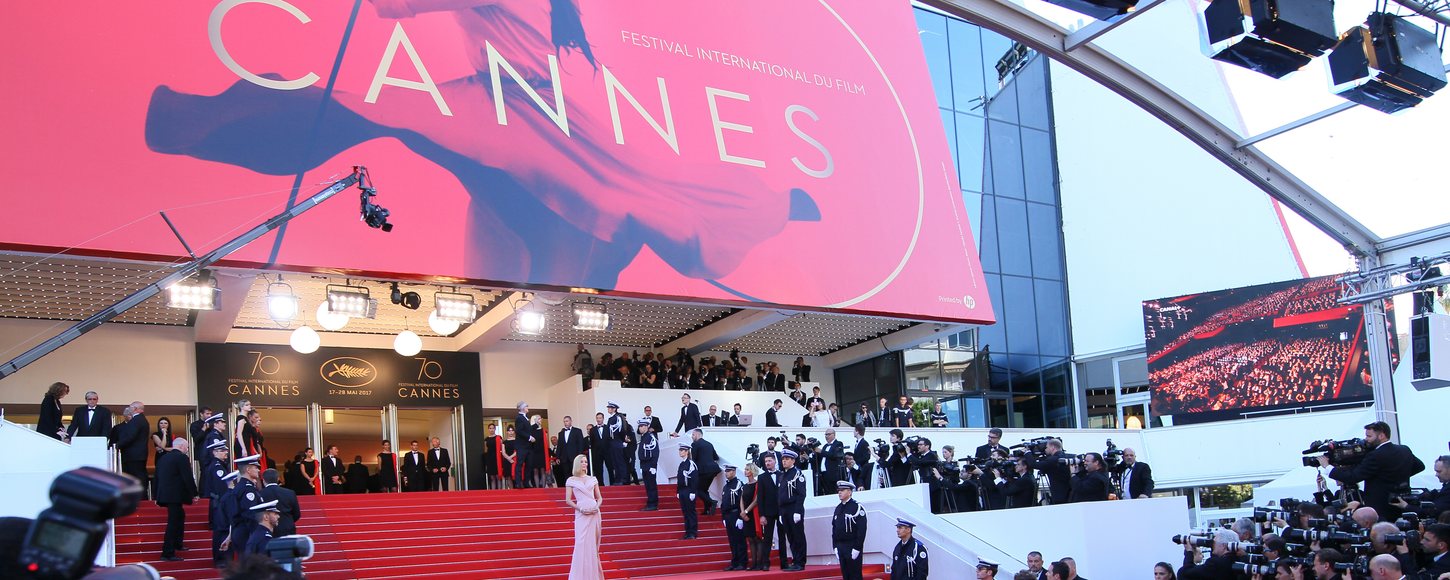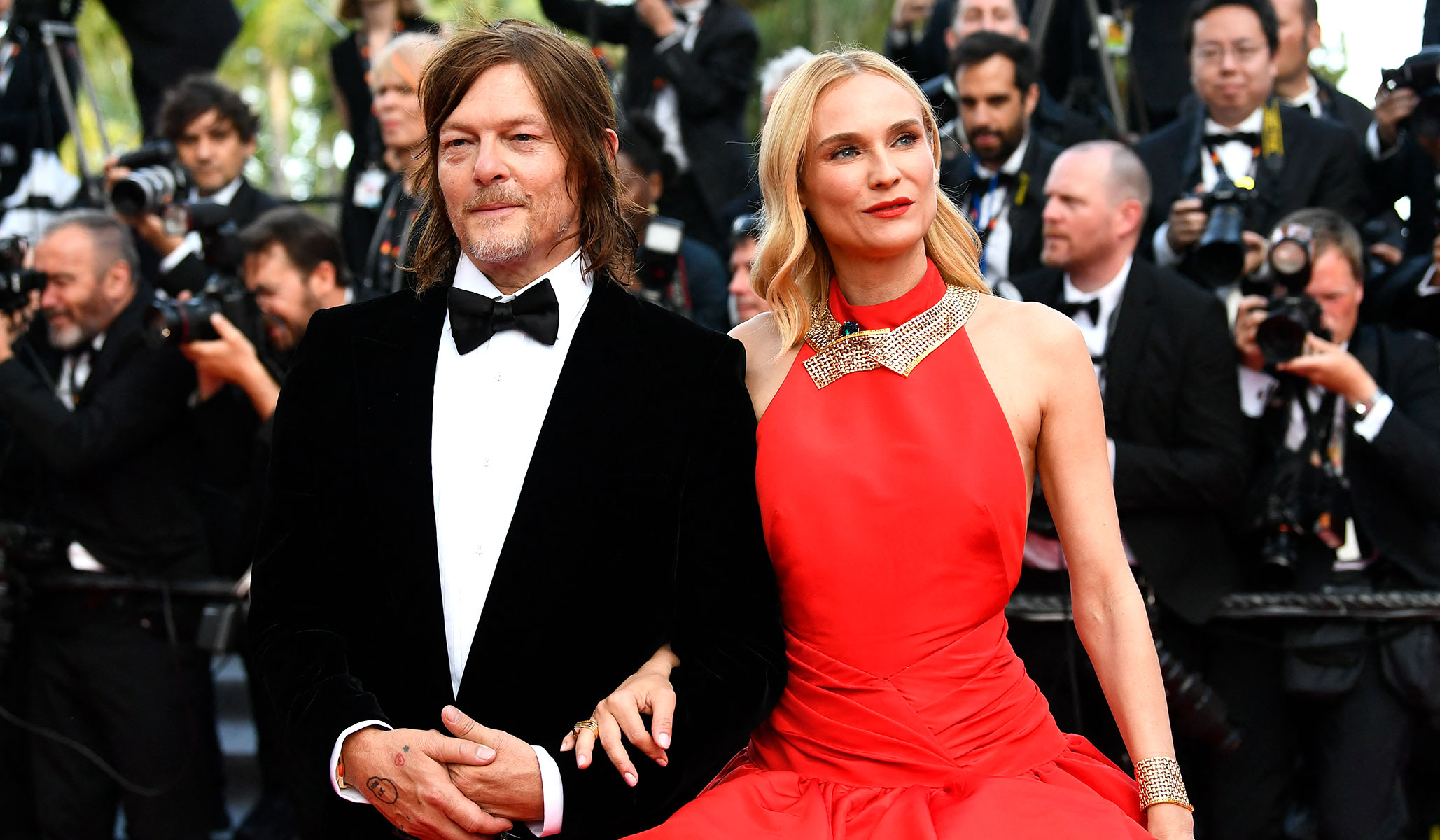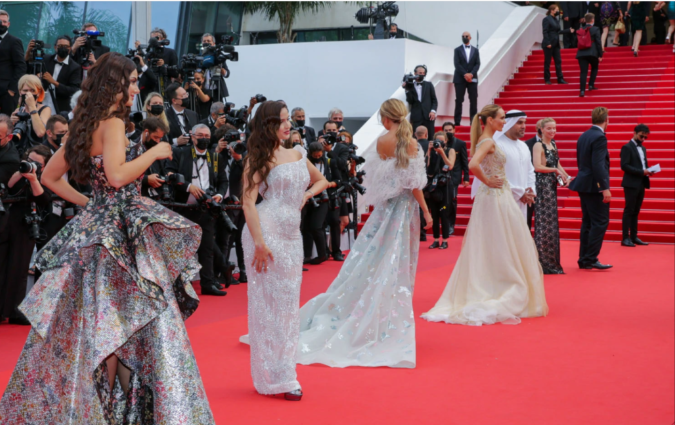And as expected, Cannes has no shortage of fashion glamor or sparkles
If you ever wondered exactly what is the Cannes Film Festival all about, here are ten questions and answers to help you understand
The following written content is an interview with Thierry Fremaux

What is the mission of the Festival de Cannes?
In order to achieve this level of longevity, the Festival de Cannes has remained faithful to its founding purpose: to draw attention to and raise the profile of films, with the aim of contributing towards the development of cinema, boosting the film industry worldwide and celebrating cinema at an international level. And to this day, this profession of faith constitutes the first article of the Festival regulations.
What is the “Official Selection”?
The Official Selection serves to highlight the diversity of cinematic creation through its different sections, each of which has its own distinct identity. Films that are representative of “arthouse cinema with a wide audience appeal” are presented in Competition, while Un Certain Regard focuses on works that have an original aim and aesthetic, and are guaranteed to make a discreet but strong impact on screens around the world. The Official Selection also includes Out of Competition films, Special Screenings and Midnight Screenings, the historically important films featured in Cannes Classics and the LA CINEF selection of films submitted from film schools. The important thing is that this Selection is both balanced and representative of cinematography at the time in terms of creativity and geography.

What do the non-competitive selections consist of?
The Out of Competition films are often films that have a big impact on the cinematic calendar, and the Special Screenings and Midnight Screenings represent a special opportunity to view more personal works. Restored copies of films that are important in the history of cinema are brought back to life for Cannes Classics, which also offers tributes and documentaries focusing on cinema.
Cinema lovers can also explore the world of cinema in different ways by attending masterclasses, tributes, or exhibitions which make up the Events of an edition. In 2021, for example, the “Rendez-vous” sessions gave festival-goers the chance to spend time in the company of such exceptional artists as Bong Joon-ho, Matt Damon, Steve McQueen, and Isabelle Huppert, as well as Marco Bellocchio and Jodie Foster, who were awarded an Honorary Palme d’or for lifetime achievement.
The most important work, but also the least visible, is done by the “head hunters”, who search all over the world and at festivals in order to find the most promising directors.
Where do short films fit in at Cannes?
At Cannes, short films feature in the Competition, at the end of which the Short Films Jury awards a Palme d’or, and in the Short Film Corner, a professional area dedicated to meeting people, exchanging ideas and promoting films.
In 2010, the Festival created “Cannes Court Métrage” to bring these two entities together in a complementary dynamic in an attempt to offer an all-encompassing panorama of short film production worldwide, as well as to stimulate the creativity of short film artists.
What initiatives has the Festival set up to encourage film production?

The Festival is very keen to discover new talent and act as a springboard for creation. The most important (and least visible) task is performed by the team’s Selection Committee.These talent-seekers travel the world and scour film festivals each year to unearth the most promising directors and bring a fresh look to the Official Selection.
As the Festival has developed over the years, a number of initiatives designed to promote the talents of the future have already been introduced: the Caméra d’or is awarded to the best film presented either in the Official Selection, during Directors’ Fortnight or during the Semaine de la Critique, while the “Jeune Cinéma” section presents film school works in the LA CINEF selection and organises the Residence and the Workshop. The development of ‘Cannes Short Films’ is another step in this direction. Together, these initiatives enable us to act as an observatory for the trends shaping the cinema of the future.
What do the “Red Carpet Steps” represent today?
They are our flagship! No doubt they are the part of the festival that draws the most media attention. For the organisation, they represent above all an opportunity to give an initial and equally special welcome to both the world’s greatest film artists and emerging talent. They also represent an opportunity to honour the creativity of those artists on whom the Festival’s prestige depends. After appearing at Cannes, which boosts directors’ reputation, the films often enjoy success at cinemas and festivals around the world. The reception enjoyed by the 2021 Official Selectionwas particularly convincing in this respect. Read more from festivalCannes





